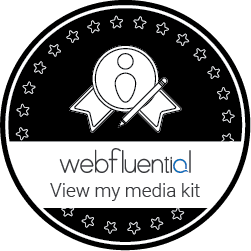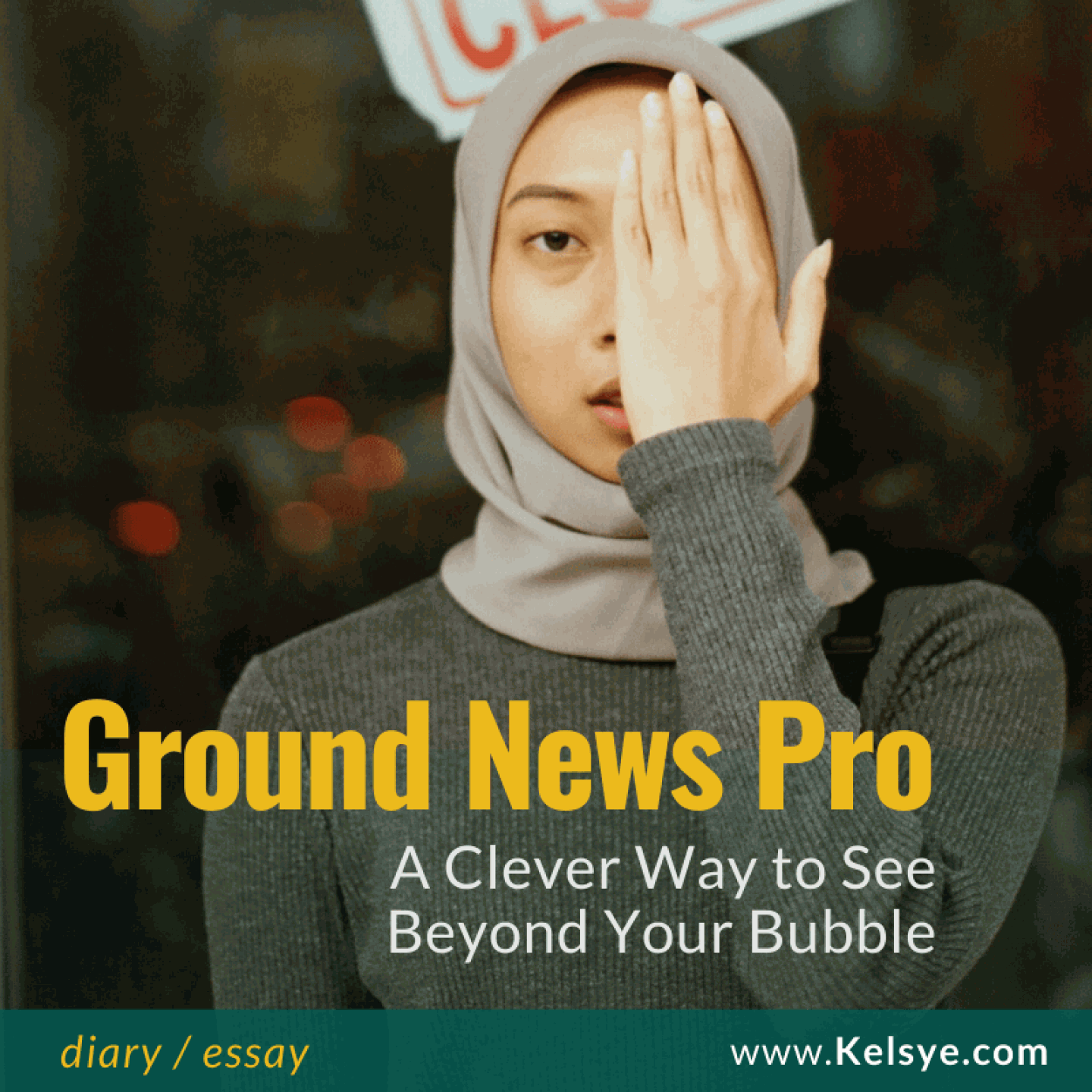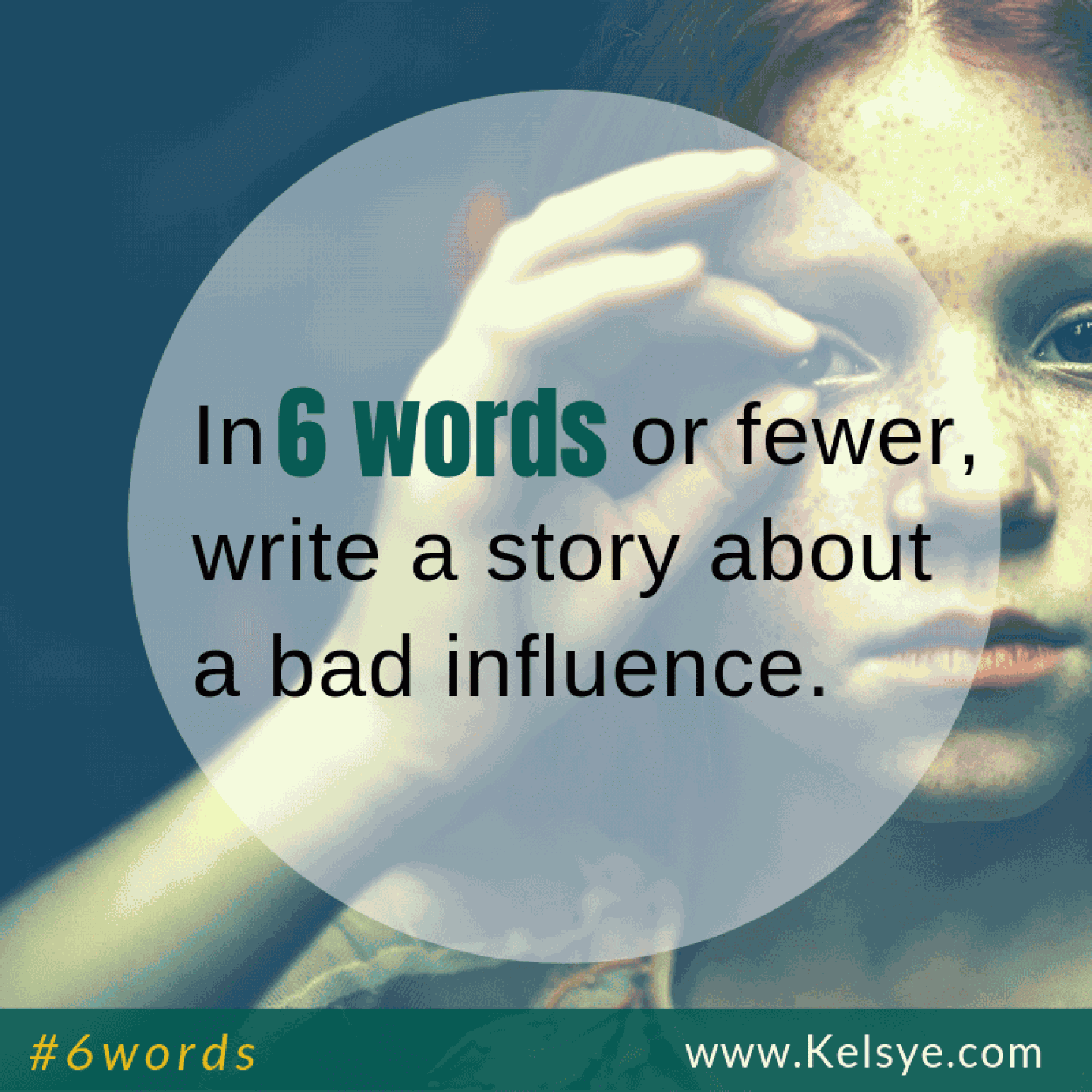
Aside from the fact that self-promotion seems daunting and distasteful, you must also contend with a vast number of social networks to choose from, each with their own best practices, unspoken rules and effectiveness. How can you possibly be expected to know where to start?
Good news! You don't need to figure out everything right away. You have plenty of time to try out different platforms. You may explore each one-by-one if you wish, trying them on for audience, ease of use and enjoyment. This is my best piece of advice for authors on social media.
Do this right now:
Claim your name on all the major social media platforms.
What does this mean? This means creating an account on all the major social networks, as well as any niche networks you think might be a good match for your work and your readers. This does not mean that you need to start using all these accounts right now. This simply means that if you do decide to try them out in the future, you will not suffer the annoyance of discovering your name is already taken.
These are the social media networks I suggest for all authors. Do you already have your name claimed on these sites?
- Facebook (A public page, not just your personal account.)
- YouTube
- GooglePlus
- Goodreads
There are many other social media or community sites that may also be a good match for you. Check out:
There are a billion more. Ask your readers where they spend their time online and what sites they like. That's where you need to be.
When you create your username, you will be very lucky if you can get your first name, or even your full name. Already taken? Don't worry, there are many ways you can craft a well-branded, professional username that will likely work across platforms. Let's say your name is Stephen King, you could try these public user names:
- Stephen
- StephenKing
- AuthorStephenKing
- StephenKing
- StephenWrites
- SKingAuthor
- theStephenKing
- RealStephen
- StephenSpeaks
- MeetStephen
If possible, you want to find a user name that you can use on as many social media platforms as possible. This will make it easier for people to find you.
Tip: DO NOT create profiles in the name of your book. You're an author for life, right? You are going to write many books, yes? It will be a big pain to have to start over again every time you publish something new.
Are you 8 for 8 for claiming your name on the primary social media accounts I listed? Do you know more social sites for authors and artists that I may add to the secondary list? Let me know in the comments below.
Do you need help using Twitter more effectively?
Sign up for my 3-Day course “How to Get More Followers on Twitter.” It’s free and delivered via email, so you can complete it on your own schedule.
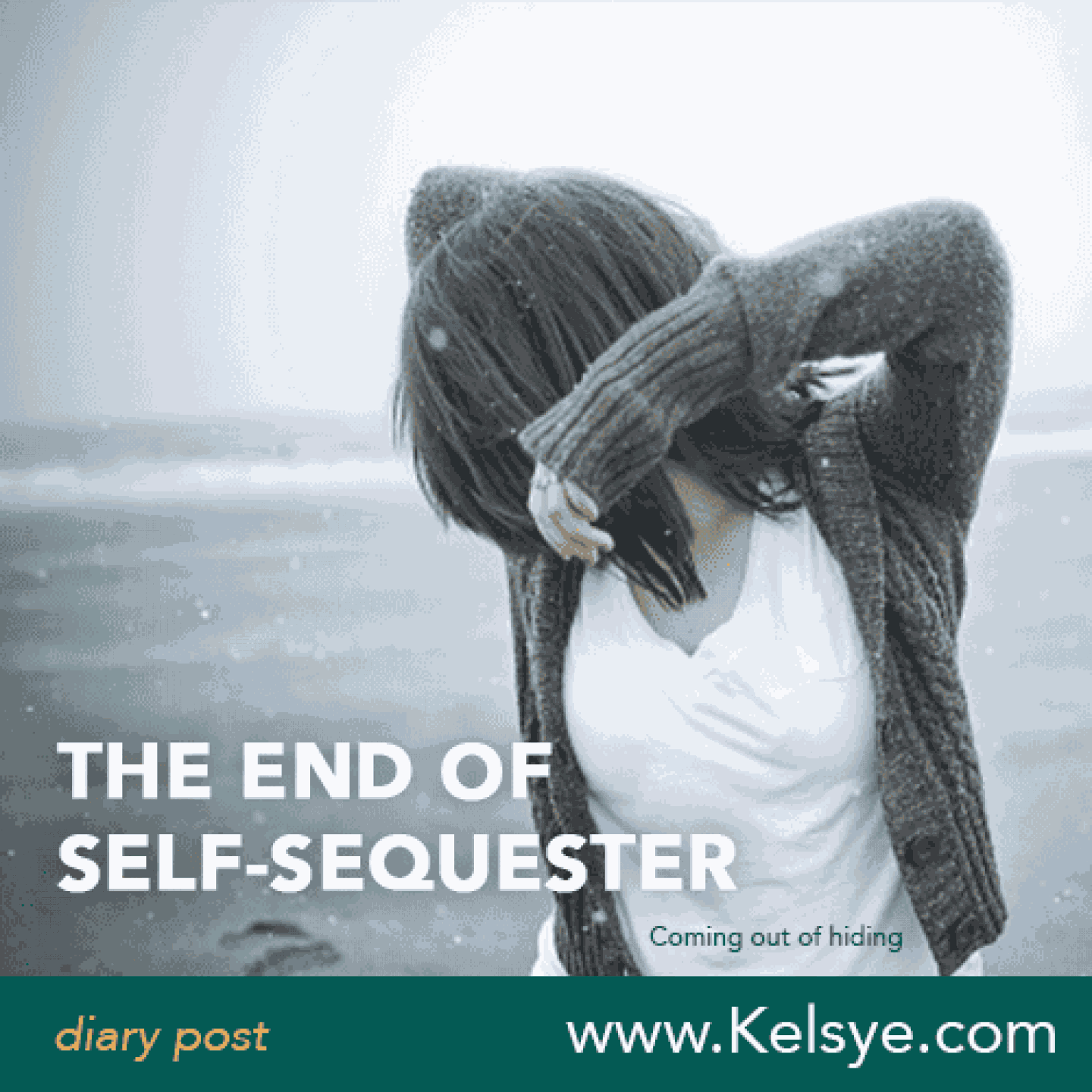
 Part 1: Finding a goal worth the risk
Part 1: Finding a goal worth the risk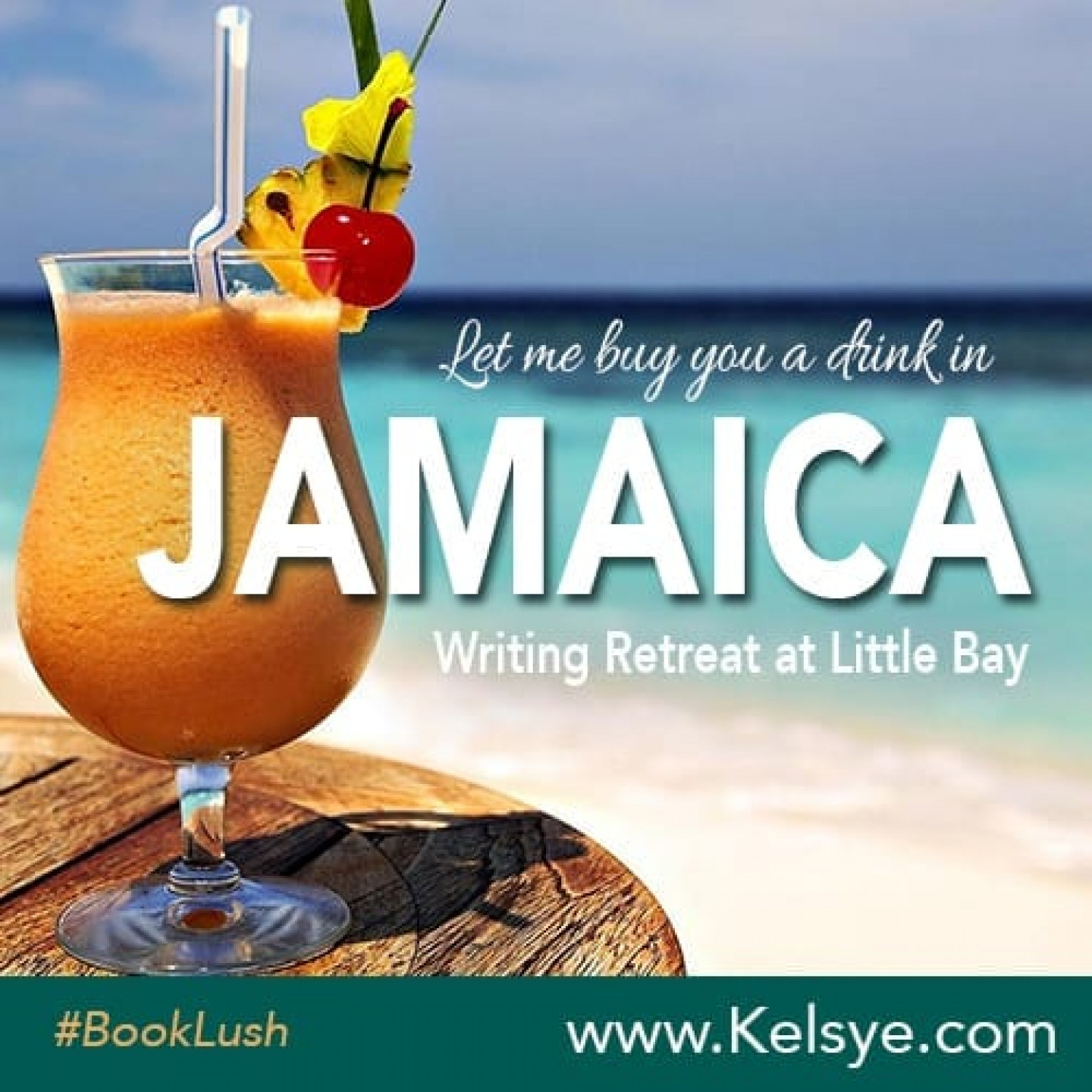






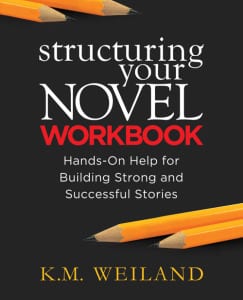
 K.M. Weiland
K.M. Weiland I've been fortunate to work with many indie authors during the publishing of their first book. Self-publishing your first book is a thrilling, empowering process, but may also overwhelm or intimidate the unprepared. Once you're through it the first time, you learn many valuable lessons that make the next one even easier.
I've been fortunate to work with many indie authors during the publishing of their first book. Self-publishing your first book is a thrilling, empowering process, but may also overwhelm or intimidate the unprepared. Once you're through it the first time, you learn many valuable lessons that make the next one even easier.
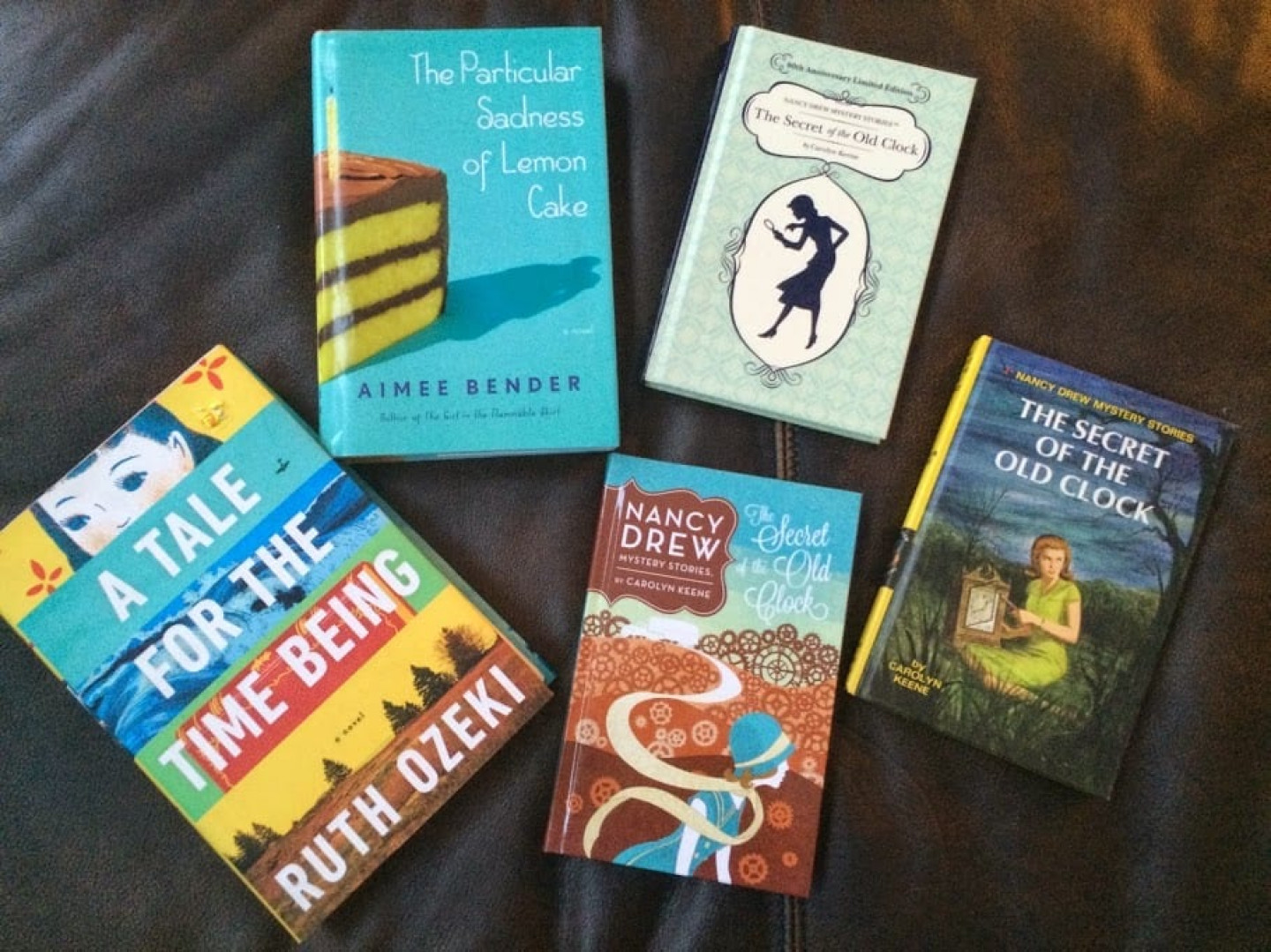
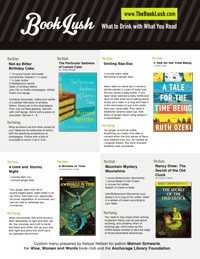
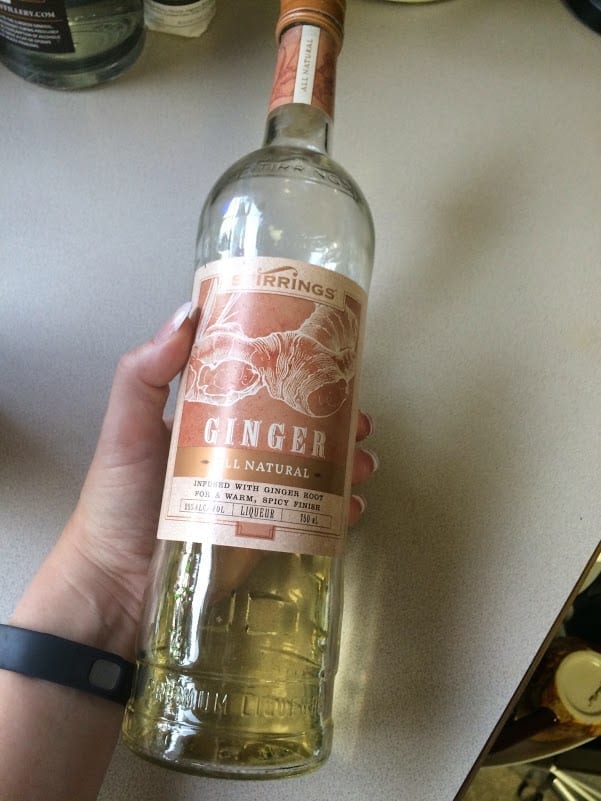
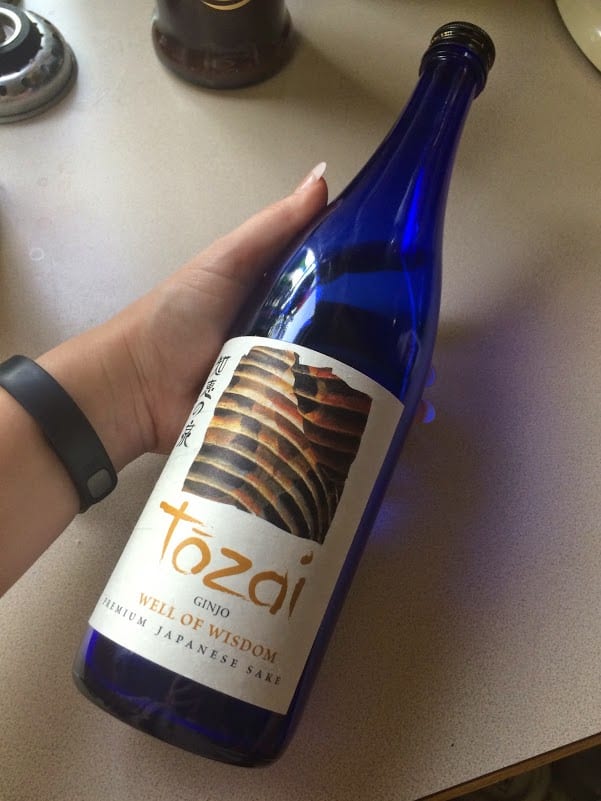
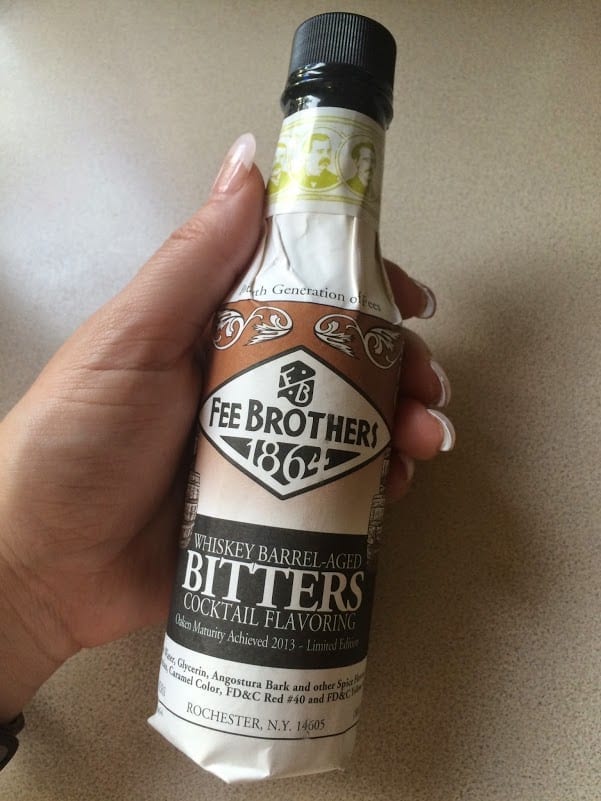
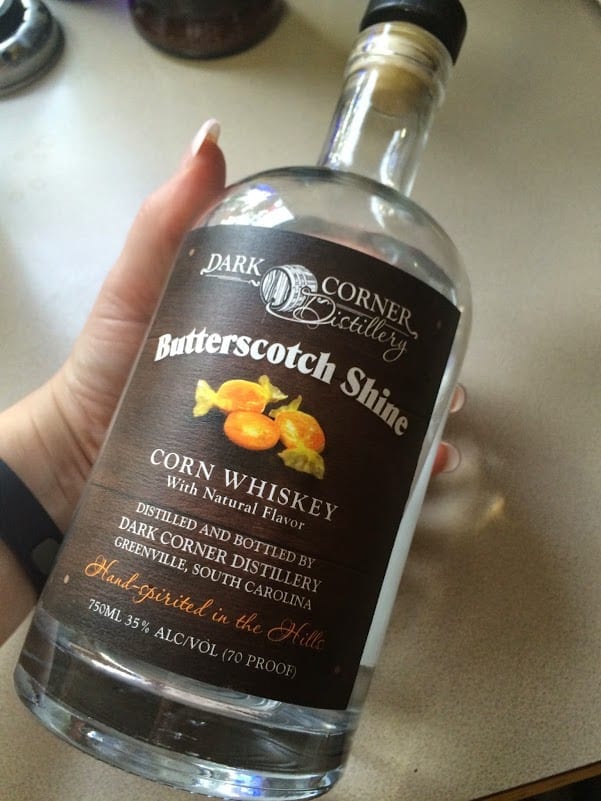
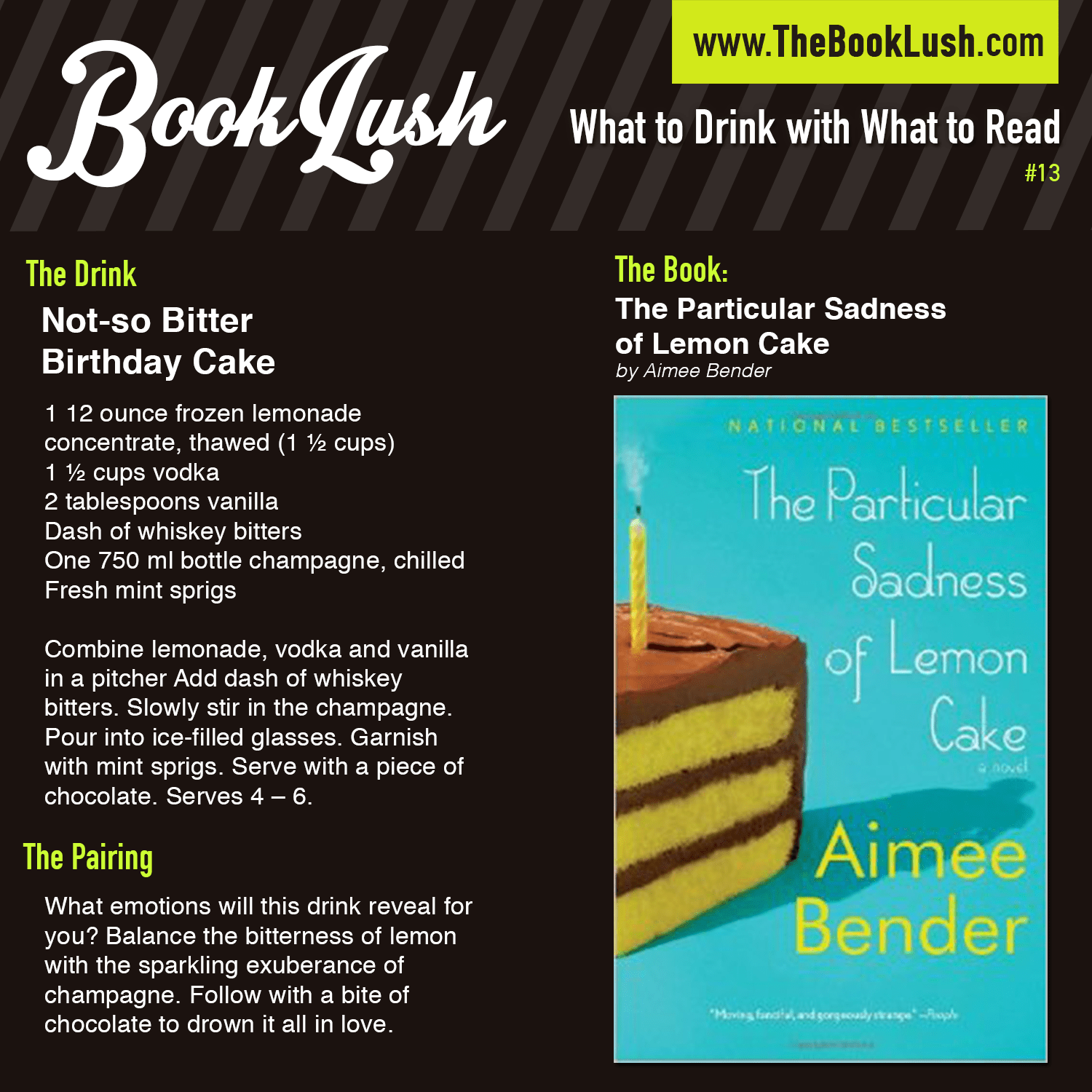
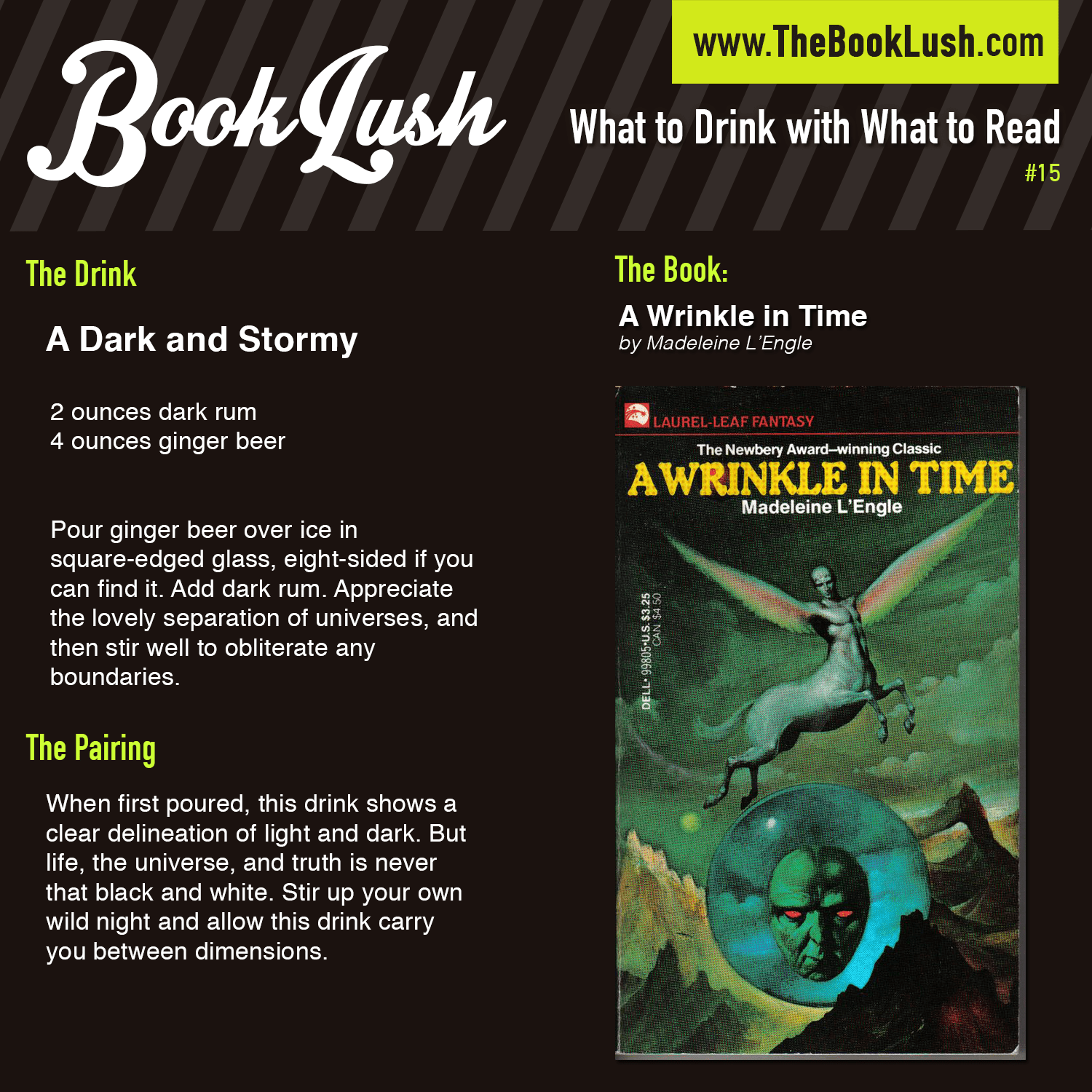
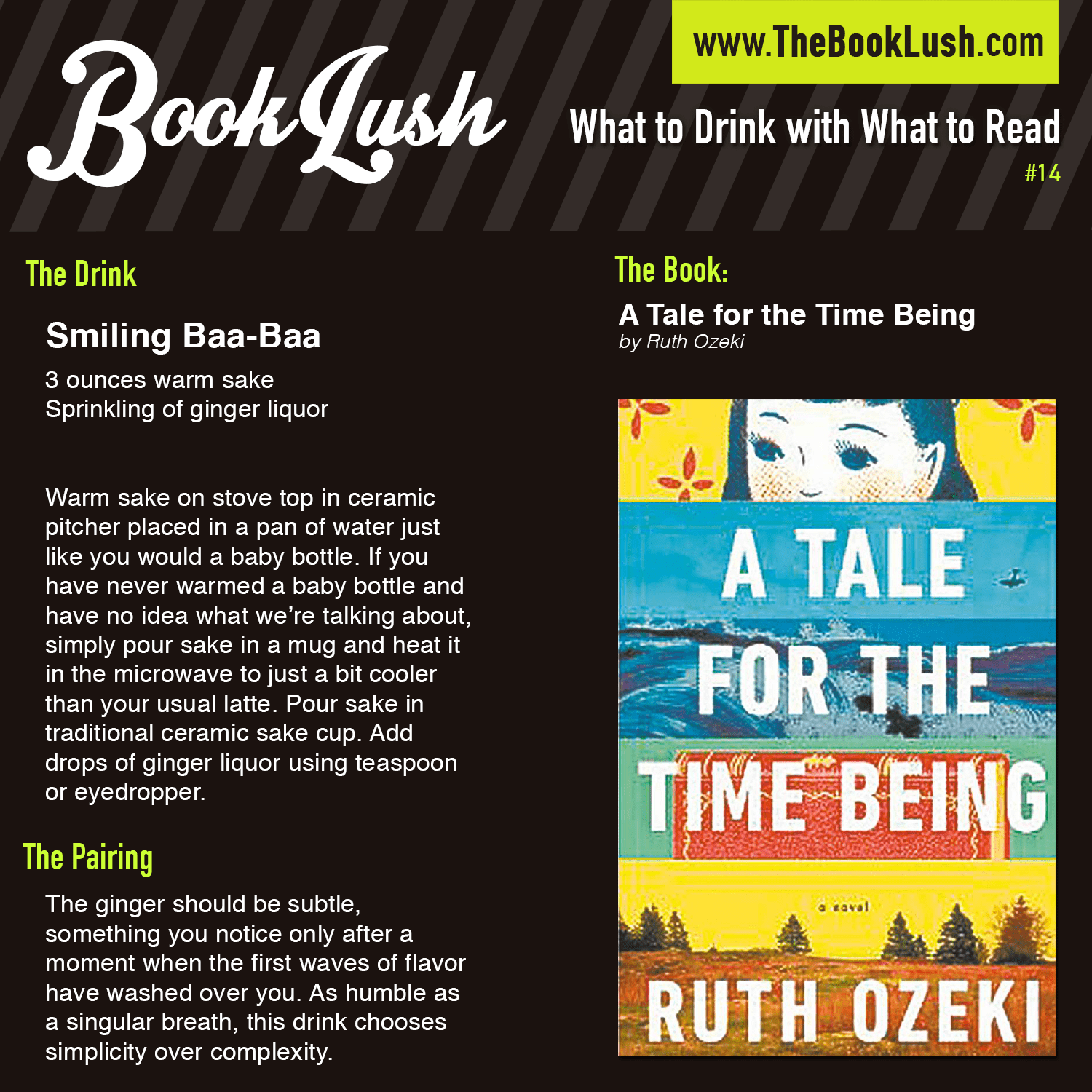
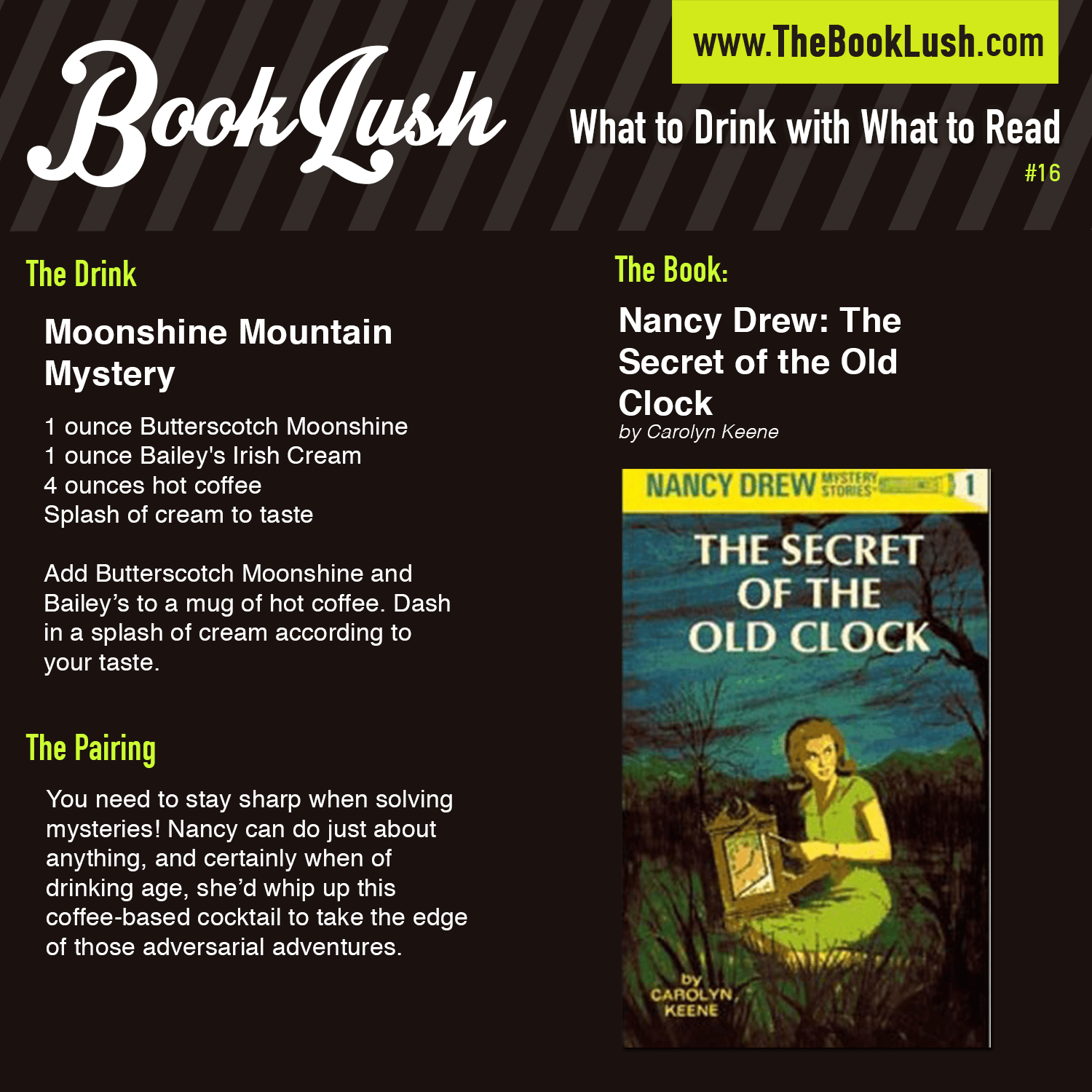
 Guest post by Seattle-based mystery author Tom Kelly. Originally published
Guest post by Seattle-based mystery author Tom Kelly. Originally published  Tom's debut mystery novel
Tom's debut mystery novel 
 Jennifer Worick and Kerry Colburn are the dynamic duo behind The Business of Books (
Jennifer Worick and Kerry Colburn are the dynamic duo behind The Business of Books (



